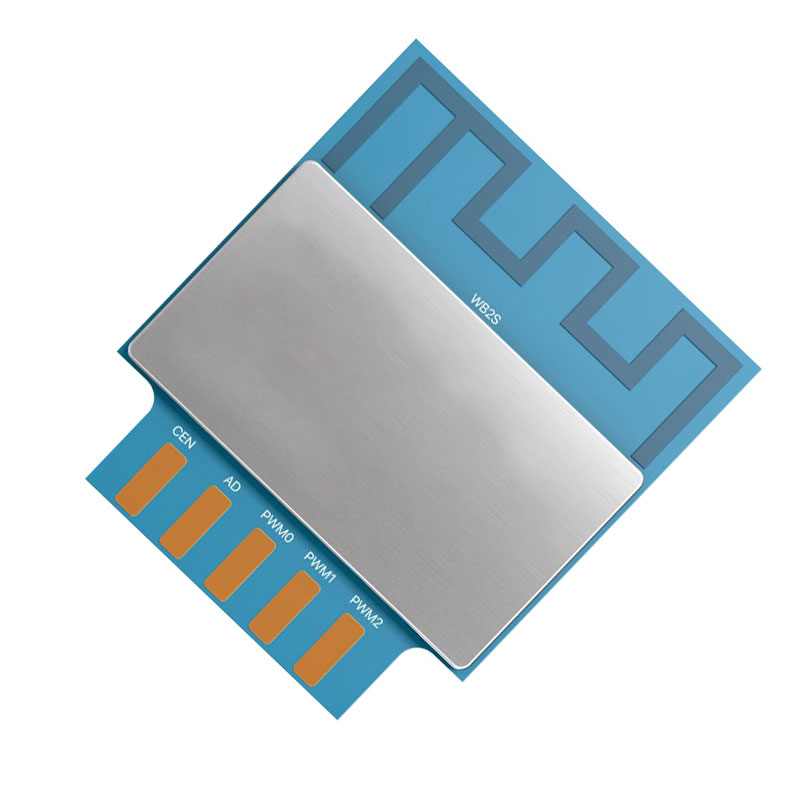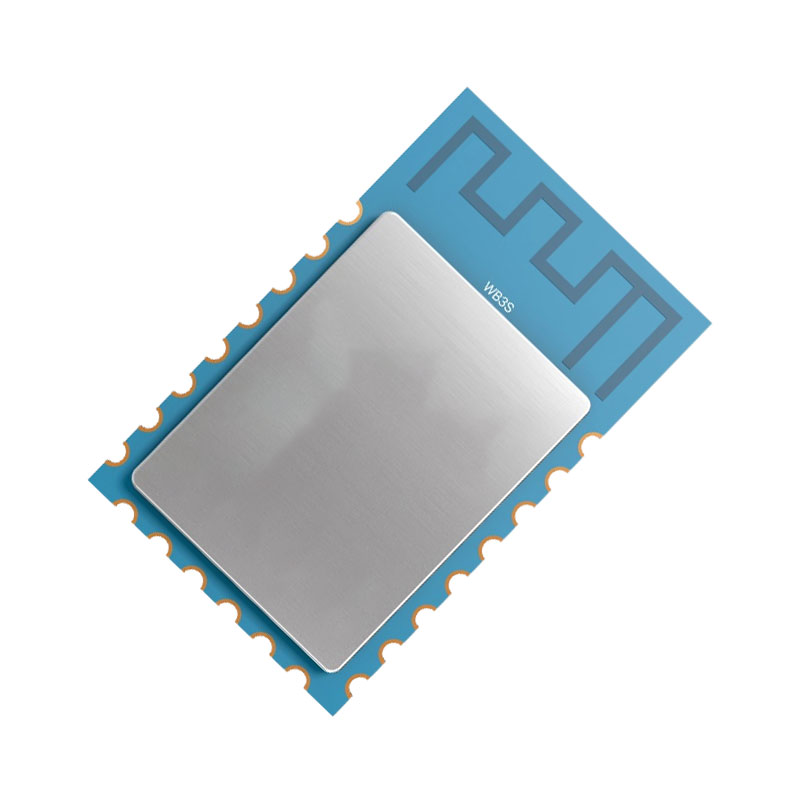Redefining the way we live, smart homes have become a pinnacle of modern living. This cutting-edge technology has seamlessly integrated various aspects of our lives, from security systems to energy management. However, the true potential of smart homes lies in the Internet of Things (IoT) modules. IoT modules offer a vast array of benefits and possibilities that can revolutionize the way we interact with our living spaces. In this article, we delve into the realm of IoT modules and analyze their role in shaping the future of smart homes.

IoT modules, also known as IoT devices or sensors, are small electronic components equipped with sensors and wireless connectivity that enable them to collect and transmit data. These data-driven devices form the backbone of IoT networks, enabling seamless communication between various devices and systems in a smart home environment. They are designed to connect and interact with other IoT devices, providing a holistic and interconnected ecosystem within homes.
One of the key aspects of IoT modules is their ability to automate different aspects of a smart home. These modules can be embedded in devices such as thermostats, lighting systems, and even kitchen appliances, allowing them to collect and analyze data to optimize performance. For example, IoT modules can intelligently adjust heating and cooling systems based on occupancy patterns or automatically adjust the lighting levels based on natural ambient light, providing a seamless and convenient experience for homeowners.

IoT modules play a vital role in enhancing energy efficiency within smart homes. By gathering and analyzing data related to energy consumption, these modules can identify areas where energy wastage occurs and suggest improvements. For instance, by monitoring energy consumption patterns, IoT modules can recommend energy-saving measures such as turning off devices on standby mode or optimizing energy usage during peak hours. This not only reduces carbon footprints but also leads to substantial cost savings.
IoT modules contribute significantly to making smart homes safer and more secure. They can be integrated into security systems, enabling homeowners to have real-time remote access to surveillance cameras, door locks, and alarm systems. Furthermore, IoT modules can detect unusual activity patterns, such as unexpected movements or changes in temperature, and send immediate alerts to homeowners and authorities. With the ability to provide seamless monitoring and instant notifications, IoT modules offer peace of mind and enhanced security.
In summary, IoT modules have emerged as the future of smart homes, transforming them into dynamic and intelligent living spaces. These modules provide automation, convenience, energy efficiency, and security, ultimately enhancing the quality of life for homeowners. As technology continues to advance, the potential of IoT modules in revolutionizing smart homes is limitless.
 Trolink Joint With Tuya to Make Iot Benefit Every Family
Trolink Joint With Tuya to Make Iot Benefit Every Family
 5 Key Indicators for WiFi Module Selection You Have to Know !
5 Key Indicators for WiFi Module Selection You Have to Know !
 IOT module is the brain of smart products
IOT module is the brain of smart products
 What is the signal coverage range of the WiFi module chip?
What is the signal coverage range of the WiFi module chip?